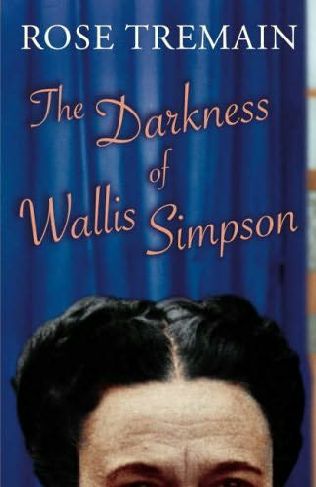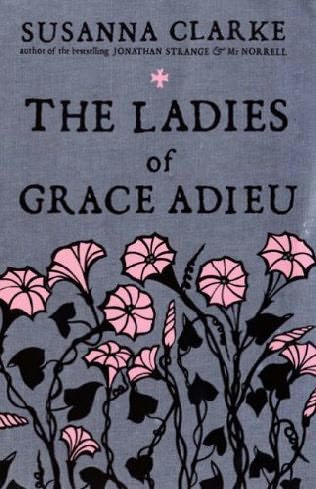 Rose Tremain is a local author whose work I came across when I was researching the county of Norfolk, where I have lived for the past two and a half years. I have never been drawn to her work before, when working in the bookshop, but was at a loss of short stories for my challenge and this, part of The Darkness of Wallis Simpson collection, seemed appropriate.
Rose Tremain is a local author whose work I came across when I was researching the county of Norfolk, where I have lived for the past two and a half years. I have never been drawn to her work before, when working in the bookshop, but was at a loss of short stories for my challenge and this, part of The Darkness of Wallis Simpson collection, seemed appropriate.Set in the 1950s, still in the aftermath of the Second World War, The Ebony Hand is the story of a spinster living a contented quiet existence in a small Norfolk village. She works part-time in a haberdashery shop, a quiet job that she loves, and becomes enamoured with an ebony glove hand on the counter, that she polishes and dresses with loving care. After the death of her sister from influenza, her brother-in-law checks himself into the local mental asylum; leaving their thirteen-year-old daughter, Nicolina, with no family.to take care of her. Our protagonist takes the girl in and raises her, despite knowing little about raising children, and finds her peaceful life shattered. Determined to find a good husband for Nicolina, she settles upon Paul Swinton, a good hardworking young man devoted to her niece, but she is thwarted by teenage emotions.
My favourite passage concerned Nicolina’s father, a tragic figure in his madness, fixating on the bull in the field opposite the asylum and attempting to hatch eggs on his windowsill.
“Victor was given a small room with orange curtains and a view of some water-meadows where an old grey-white bull foraged for grass among kingcups and reeds. Victor said the bull and he were ‘as one’ in their abandonment and loneliness. He said Aviva had held his mind together by cradling his head between her breasts. He announced that the minds of every living being on the earth were held together by a single mortal and precarious thing.”
Another passage perfectly describes how someone can pin their hopes on something unusual and inanimate as this ebony hand.
“When Victor said what he said about our minds being held together by peculiar things, I thought to myself that the peculiar thing, in my personal case, was this wooden hand. It was well made and heavy and smooth. I polished it with Min cream once a week. I enjoyed the way it had never aged or altered. And I began to think that this hand was like the kind of man I had to find for Nicolina: somebody who would not change or die.”
The Ebony Hand has a gentleness to it, a sweet tragedy to its main character. All her time and effort is spent on this young girl who disappoints her, but to whom she remains loyal, the faithful aunt and protector. She focuses all her hopes on this inanimate object, the ebony hand, only to have the haberdashery close and the hand sold and lost beyond her reach. It is a fragile tale, of love, loss and longing. As someone relatively new to the world of short stories, I found it charming and bittersweet.


